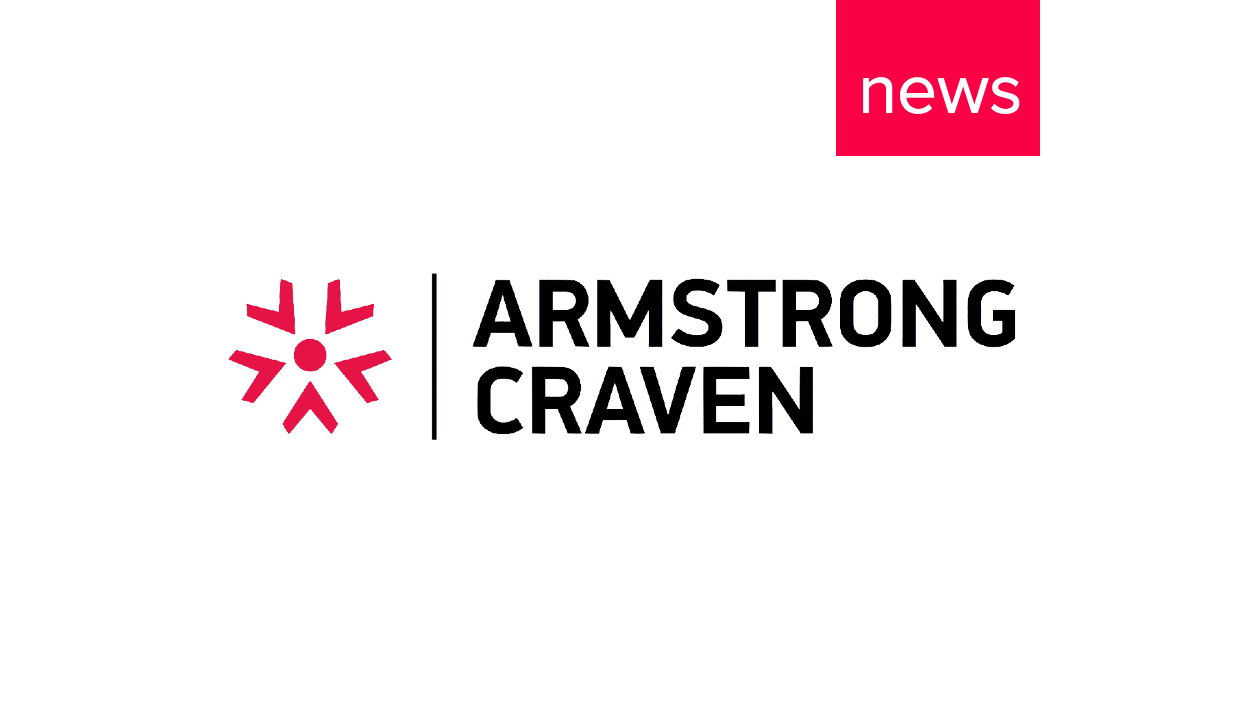Creating a Resilient Workforce
26 Oct, 20203 min
Businesses around the world have seen their culture change over just a few months. As remote working for the foreseeable future is now a reality, employees have quickly swapped the office environment for their spare bedroom. During this change, has the resilience within your team been able to shine, not just embracing this new way of working, but using it to their advantage?
Resilience is more than just a HR buzzword. It's a skill which many businesses are looking for in their employees. Put simply, it is the ability to bounce back from any stresses or disruptions which present themselves in everyday scenarios and is fundamental to success in challenging times.
According to Psychology Today, there are seven core principles of resilience:
- Cultivate a belief in your ability to cope
- Stay connected with sources of support
- Talk about what you're going through
- Be helpful to others
- Activate positive emotion
- Cultivate an attitude of survivorship
- Seek meaning
Those who share these resilient, soft skills typically have one thing in common, a growth mindset, believing they can learn any skill with enough effort. This approach means that when bad things happen, these employees don't give up. Instead, they look for new ways to overcome unexpected setbacks.
In the workplace, those who possess these skills can often be found with strong networks, promoting collaborative approaches to work and creating a supportive environment. They talk candidly about the times they failed but more importantly discuss how they grow from these obstacles.
When searching for these skills, it's essential to understand they are not static. While some may be more resilient than others, it can be fostered throughout the workforce. For leaders, this means they don't always have to recruit externally; these soft skills can be identified and built upon in their existing team.
However, if a business is looking to expand its workforce, then identifying this kind of talent requires a delicate balance of agile processes and emotional intelligence from hiring managers. Psychometric testing is proven to be one of the best ways to assess candidates in the pipeline or internally for personal and professional resilience. When coupled with an effective interviewing technique, bringing people with these traits into leadership roles becomes more straightforward.
At Armstrong Craven, we understand how important it is to build resilient teams, especially in the middle of a pandemic. In the Armstrong Craven Summer 2020 review, Elizabeth Birrell, our Head of Insight & Talent Analytics investigated the true meaning of resilience and why businesses should be looking for internal and external talent who possess these soft skills. To find out more, download the Summer 2020 review and read Elizabeth's article 'True Grit: Building Resilient Teams'.
Speak with an expert
If you want to learn a little more about what we do and how talent research can help you make better-informed business decisions, our team of talent research and consulting specialists are happy to help.






